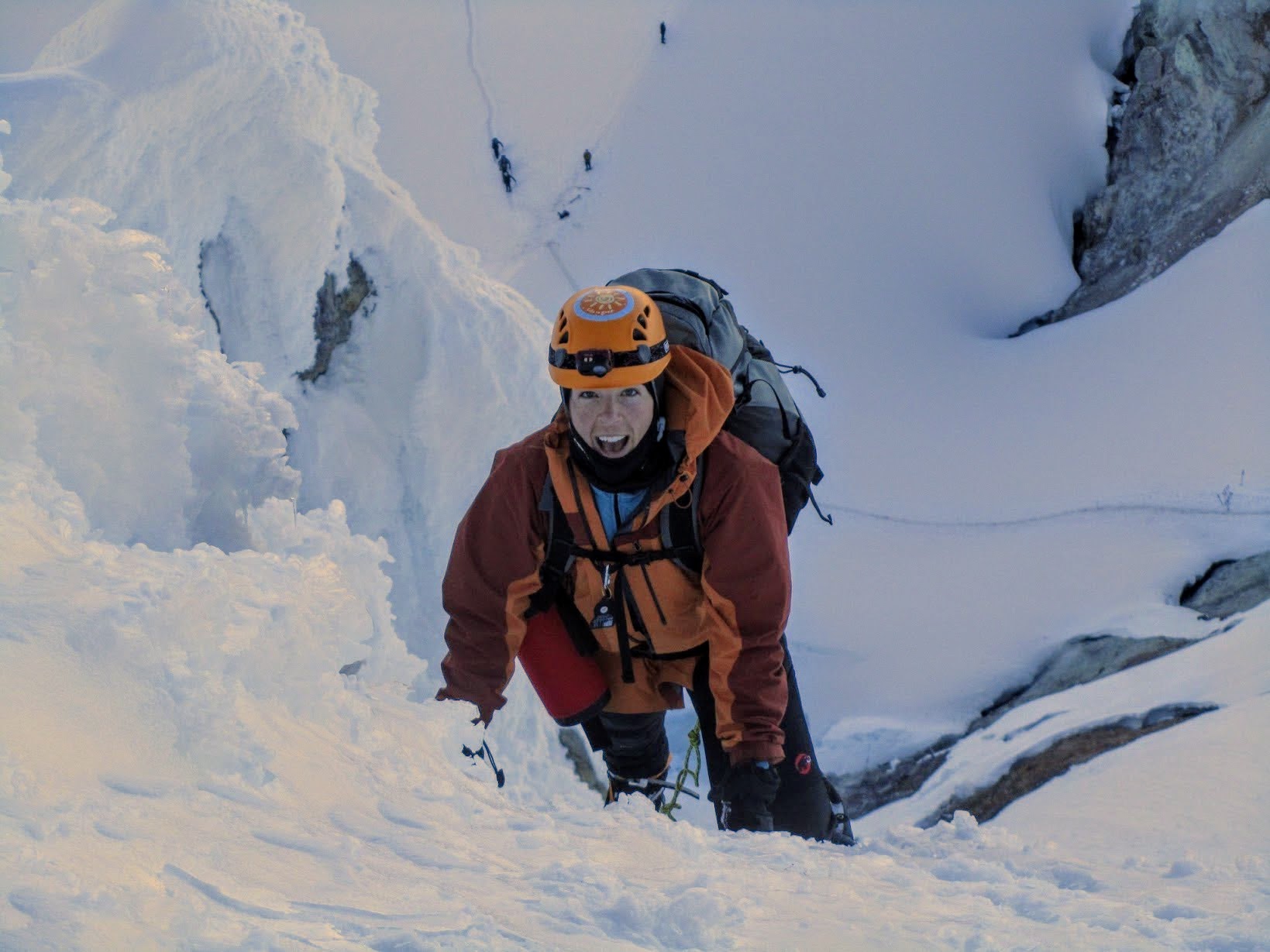
11 Feb Endurance Innovation 91 – Sleep Expert Dr. Amy Bender
Adjunct Assistant Professor at the University of Calgary Dr. Amy Bender is on the show this week to explain the importance of sleep, discuss the makeup of a typical night, and offer advice on how we can all do it a little better.
Endurance Innovation is now on Patreon! Have a peek at our page and show us some love.
- 1:30 meet Dr Amy Bender
- 3:00 an overview of the importance of sleep
- One of the pillars of health
- Impacts nutrition
- Ability to execute training
- Chronic poor sleep associated with a number of negative health outcomes
- Impacts injury risk
- Immune health
- 7:30 sleep quantity guidelines
- 7 – 9 hours, depending on training load
- More training requires more sleep
- 9:15 can you get too much sleep?
- There’s a correlation with sleep outside of the 6.5 – 9 hours and increased prevalence of depression. The effect appears bi-directional.
- 15:30 consistency in sleep is important
- 16:30 the value and ‘how tos’ of naps
- Only 20% of Canadian National athletes were napping, and they are missing out
- 20’ naps have value
- Schedule naps into your training
- Naps contribute to weekly sleep duration
- Avoid naps too close to bedtime: 1200 – 1600 ideal
- Short naps should be short enough to avoid deep sleep: <30’ Long naps should be long enough to allow a full sleep cycle: >90’
- 23:00 the phases of sleep
- Non-rem: divided into phases 1 through 3, with stage 3 being the deepest stage where a lot of the physical recovery takes place. The majority of phase 3 occurs in the first half of the night.
- Rem sleep
- One full cycle is ~90’
- Sleep phases are impacted by our actions during the day, but difficult to control
- 28:30 how does waking up at night affect sleep quality and sleep stages?
- 30:30 the effects of stress on sleep
- 31:30 techniques for falling asleep after waking in the middle of the night
- Good, consistent, pre-sleep routine
- Put away electronics
- Take a warm bath / shower
- Stretch
- Read a paper book
- Write a to-do list
- Breathing technique: 4-7-8 or snake breathing
- Cognitive shuffle
- Avoid staying in bed for longer than 20’ trying to fall asleep. Instead, do a relaxing – non-screen based activity in a different environment. And only return back to bed when you feel sleepy.
- 36:30 sleep quality. With high quality sleep classified by:
- Following asleep in less than 30’, waking up only once per night, being awake less than 20’ during that wake-up, and spending more than 85% of total time in bed sleeping.
- 38:15 seek professional sleep help if above conditions are chronically not met
- 38:45 improving sleep quality
- Exercise
- Reduce caffeine intake
- Avoid alcohol
- 42:45 quality or quantity?
- 43:15 an audio device to improve sleep quality
- 44:15 sleep disruption from sleep partners 🤬
- 45:45 the seriousness of snoring
Please send any questions you have about sleep to podcast@eitech.io. Check out Dr. Benders excellent questionnaire and guidance on sleep and follow her on Instagram and Twitter.





1 Comment